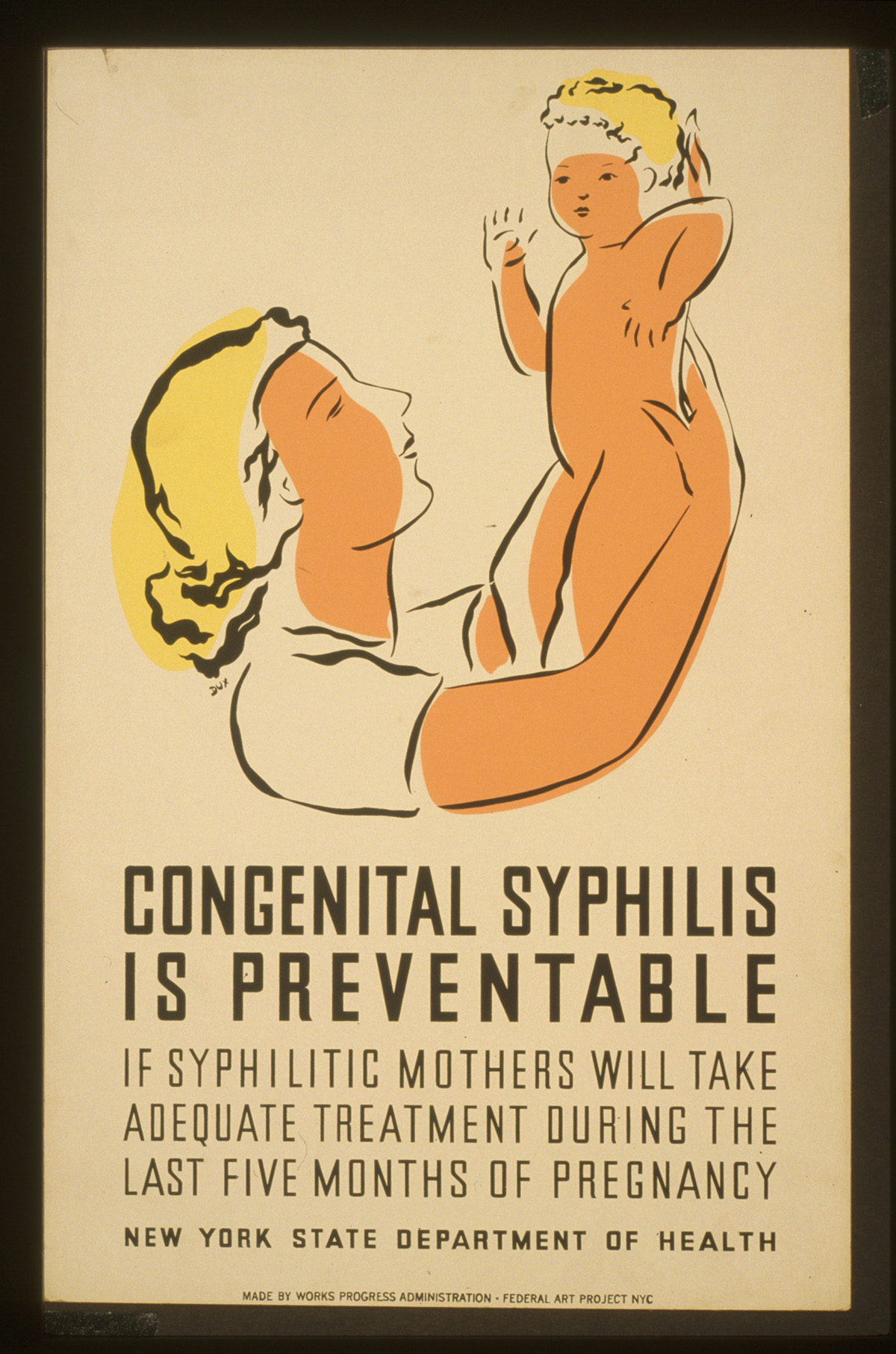
Congenital syphilis is a medical condition affecting babies of the mothers who contract bacteria Treponema pallidum during their pregnancy and are not treated on time. There are specific changes in the fetus as well as structural/functional abnormalities that occur when the baby is born. Syphilis is known to cause miscarriages, premature births, still births and even death of newborn babies. But, if the child survives the pregnancy and birth, he/she is highly likely to deal with various health issues congenital syphilis brings.
Early and Late Congenital Syphilis
Congenital syphilis is classified into early and late form of the disease.
In case of early congenital syphilis babies may be completely asymptomatic at birth, showing not a single sign of the disease. The only way to confirm syphilis in such children is by performing prenatal screening i.e. by performing the specific test before the baby is born, during pregnancy. However, early congenital syphilis may be also in the form of stillbirth, premature births or there are enlargement of the liver and spleen, skeletal abnormalities and pneumonia. Certain number of babies may even develop phemphigus syphilicticus, a bullous skin condition. The bullae that are predominantly scattered on the palms and soles contain abundant number of active bacteria Treponema pallidum. In case the condition remains undiagnosed the onset of rhinorrhea is inevitable. There is also poor feeding. Early congenital syphilis is practically the disease that starts immediately after the birth and lasts for the following two years. After that period of time the child may develop the late form of the disease.
Late congenital syphilis affects children that are at least 2 years old. This form of the disease has specific clinical presentation. Namely, the the upper incisor teeth are blunted (Hutchinson's teeth). There is also interstitial keratitis and deafness caused by the damage to the auditory nerve. Some of the common deformities include the prominence of the brow ridge, saddle nose and hard palate defects. Additionally, there is swelling of the knees and shins distort in such a way that they resemble a saber.
Congenital Syphilis Symptoms and Signs
It is easy to diagnose syphilis in newborns because there are specific bodily abnormalities they are prone to. For instance, because there is collapse of the bony part of the nose , the child's nose looks like a saddle. Furthermore, the skin may be covered in rash. Initially, the rash is in the form of small blisters localized on the palms and soles while later it additionally affects the face and becomes copper-colored. The baby fails to gain weight and thrive. He/she is also irritable and easily develops fever. Rhinnorhea or watery discharge from the nose also occurs.
After several months or a year when the teeth start coming out it is easy to notice their abnormality. Namely, the front incisors are abnormally notched and peg-shaped. Bone pain, joint swelling, abnormal curvature of the shin known as saber shin are reported as well. The child is also susceptible to clouding of the cornea and may permanently lose their vision. Hearing impairment or complete hearing loss are possible too. Finally, such children are prone to formation of gray, mucus-like patches on the anus and outer vagina and may also experience scaring around the mouth, genitalia and in the anal area.
Treatment Options and Prevention
When it comes to treatment of syphilis in pregnant women, all those confirmed with the infection must receive drugs that will eradicate Treponema pallidum and prevent congenital syphilis from developing. The best results are achieved if the infection is treated before the 16th week of pregnancy.
Even though mother can pass the harmful bacteria at any time during pregnancy, the child is highly likely to contract the infection in its early stages. The child suffering from congenital syphilis is treated with antibiotics, which is also the case with the mother. Some developmental symptoms and signs are, however, irreversible. Penicillin antibiotics are routinely prescribed. They efficiently eradicate the bacterium.
Prevention of syphilis as well as other sexually transmitted diseases is of major importance for all pregnant women. Safe sexual practice is the cornerstone of such prevention. Every woman who suspects she has contracted the infection should consult her health care provider immediately.
Prenatal care is something that needs to be incorporated in the course of pregnancy of each and every woman. There is a test that is routinely performed in pregnant women, the one confirming the infection caused by Treponema pallidum.
All, in all, be diagnosing syphilis in pregnant women on time and with proper treatment, many babies may successfully avoid infection and grow/develop normally. Also, if the bacterium has passed through the placenta and entered the baby's blood stream, it can still be treated as soon as the child is born. This way late complications of the congenital syphilis will not develop. Finally, the prognosis is better in children who have been infected while passing through the birth canal compared to those who have contracted the bacteria through the placenta.





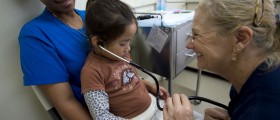

-In-Infants-And-Older-Children_f_280x120.jpg)
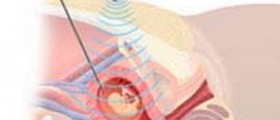
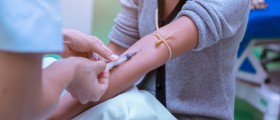



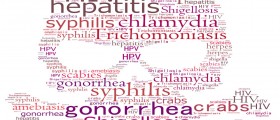


Your thoughts on this
Loading...